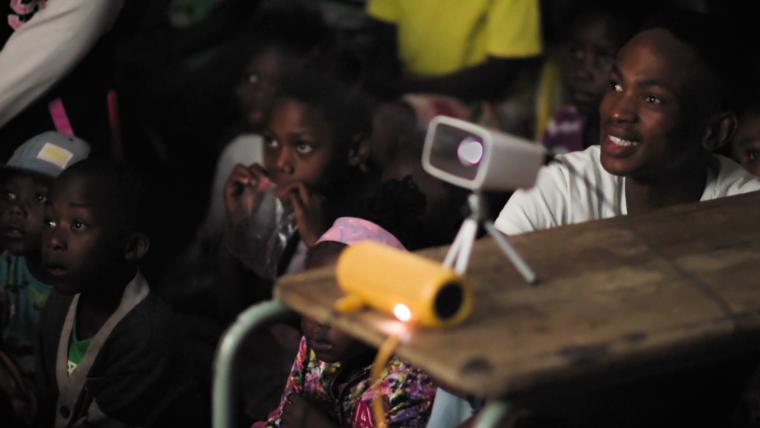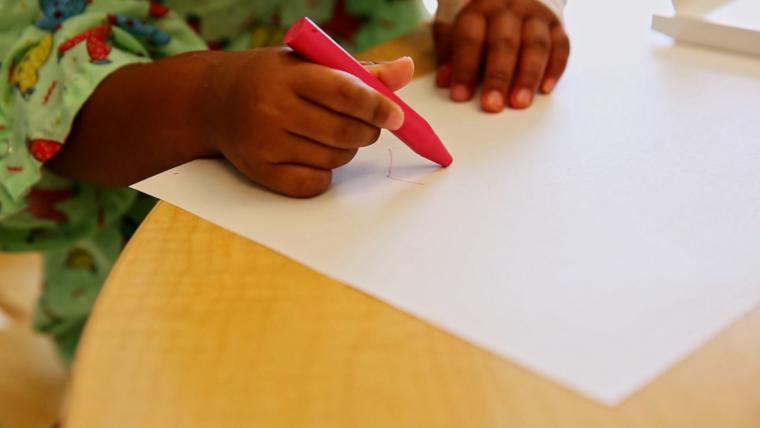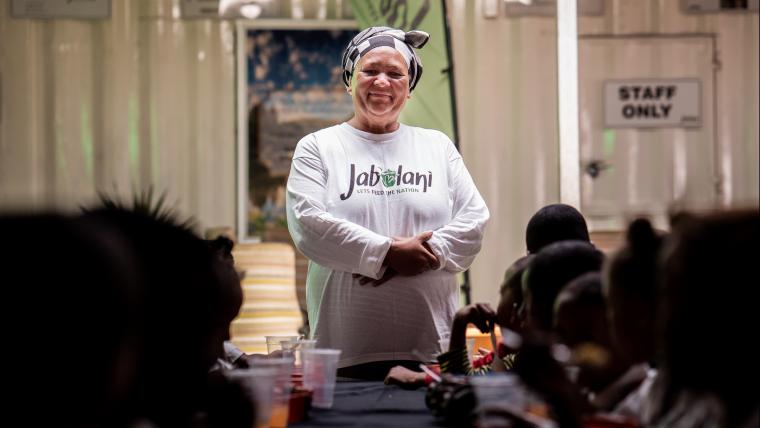
Dignity is a duty. Meet the changemakers restoring human rights
Poverty leaves millions in South Africa unable to lead lives of dignity. People suffer from being on the back foot for generations. This fuels a cycle of inequality, with cries for help often going unheard. David Masilela, Olivia Pharo, and Jessica Dewhurst listen to and understand these pleas. They have dedicated their careers and livelihoods to restoring people’s rights and keeping heads held high.
Jessica Dewhurst grew from a committed volunteer into a juggernaut for transformation. To change the pattern of poverty and crime, she realised intervention needed to go deeper than charity. In 2013, she co-founded The Justice Desk, a non-profit organisation that trains and educates people about their human rights. “We believe that by empowering everyday people, they can create a just and equal world,” Dewhurst says. Through their programmes, participants are equipped with knowledge across a range of topics like abuse, self-defence, and mental health. By addressing root issues, Dewhurst is enabling thousands of individuals to make a positive impact in their communities.
In the gang-ridden neighbourhood of Atlantis, Cape Town, nurse Olivia Pharo witnessed how people couldn’t access healthcare services. At the state hospital where she worked, resources were often diverted to casualties of gang violence, leaving medical staff strained and unable to care for others. So, Pharo cashed in her pension to serve people in need. Forgoing financial security, she established Sister Pharo’s Primary Health Care, ensuring her community can receive the time and attention that they deserve. “It is a human right for every patient to be treated with respect and dignity,” Pharo says.
David Masilela understands firsthand the effects of inequality. As one of 10 children, he grew up going to school without shoes. He dreamt of becoming the first in his family to attain a university education, even though he would not be able to afford it. However, the drive to redirect his destiny was uncontainable. Masilela patiently toiled as a petrol attendant for eight years to save up enough money to attend university. After incredible effort and support from bursaries, he achieved his goal of becoming a lawyer. Today, Masilela owns a firm, often working pro bono. In the face of dire poverty, he provides legal aid for those who would otherwise not be able to afford it. “Lack of access to basic rights can rob one of their dignity,” he says. “If I don’t assist, who will?”
It’s easy to think that our individual actions might not amount to much in the long run. But Dewhurst, Pharo, and Masilela believed in their own power, and have built the foundations for more dignified communities. Slowly, the reverberations of their choices have flowed out, stirring others to better lives.






























Please sign in to leave a comment